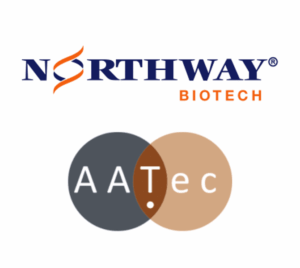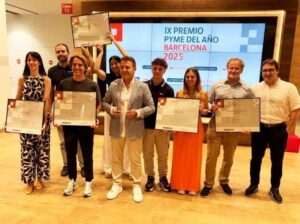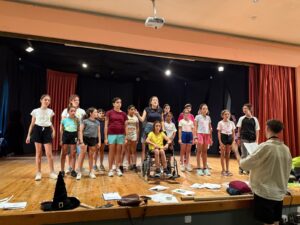This year, the Princess of Asturias Award for Scientific and Technical Research has been awarded to four researchers who are experts in artificial intelligence: Geoffrey Hinton, Yann LeCun, Yoshua Bengio, and Demis Hassabis.
Hinton, LeCun, and Bengio are considered the fathers of an essential technique in artificial intelligence, deep learning, which is based on the use of neural networks for speech recognition, computer vision, and natural language processing. The neural networks developed by the awardees aim to mimic the functioning of the human brain through algorithms that convert the biological learning process into mathematical sequences. The goal is for the machine to learn from its own experience. This technology has led to advancements in diverse fields such as object perception and machine translation.
In 1986, Hinton invented backpropagation algorithms, which are essential for training neural networks. In 2012, he created a convolutional neural network called AlexNet, consisting of 650,000 neurons and trained with 1.2 million images, which achieved only a 26% error rate in object recognition and reduced the error rate of previous systems by half. He has made other contributions to artificial neural networks and their training, such as co-creating the Boltzmann machine, the Helmholtz machine, and the expert product. In 2021, he published a document on the arXiv preprint platform presenting GLOM, an innovative, theoretical project that introduces a new vector model for processing and representing visual information in a neural network, which is still in the development phase.
LeCun made contributions to the development of the backpropagation algorithms invented by Hinton and in 1989 created LeNet-5, a system for recognizing characters written on bank checks, which was a significant advancement for optical character recognition technology. He also contributed to the development of DjVu image compression technology, used by hundreds of websites and millions of users to access scanned documents on the internet. He has also worked on methods of deep learning for document recognition, human-computer interaction, and speech recognition.
Bengio has made key contributions to probabilistic sequence models, also used for speech and handwriting recognition and unsupervised learning. Currently, he is studying more efficient algorithms for data representations, pattern recognition, and enabling the understanding of complex relationships and high-level concepts. Hinton, LeCun, and Bengio were previously recognized in 2018 with the Turing Award, which many consider the “Nobel Prize of computing.”
via: MiMub in Spanish












